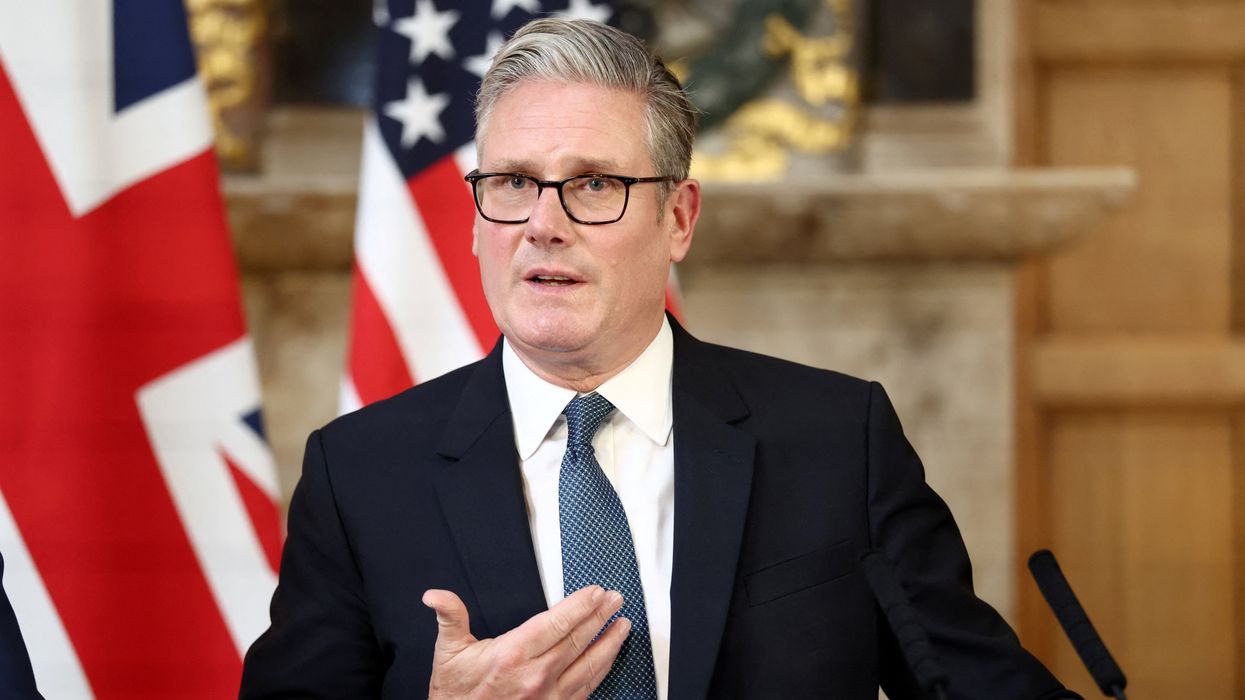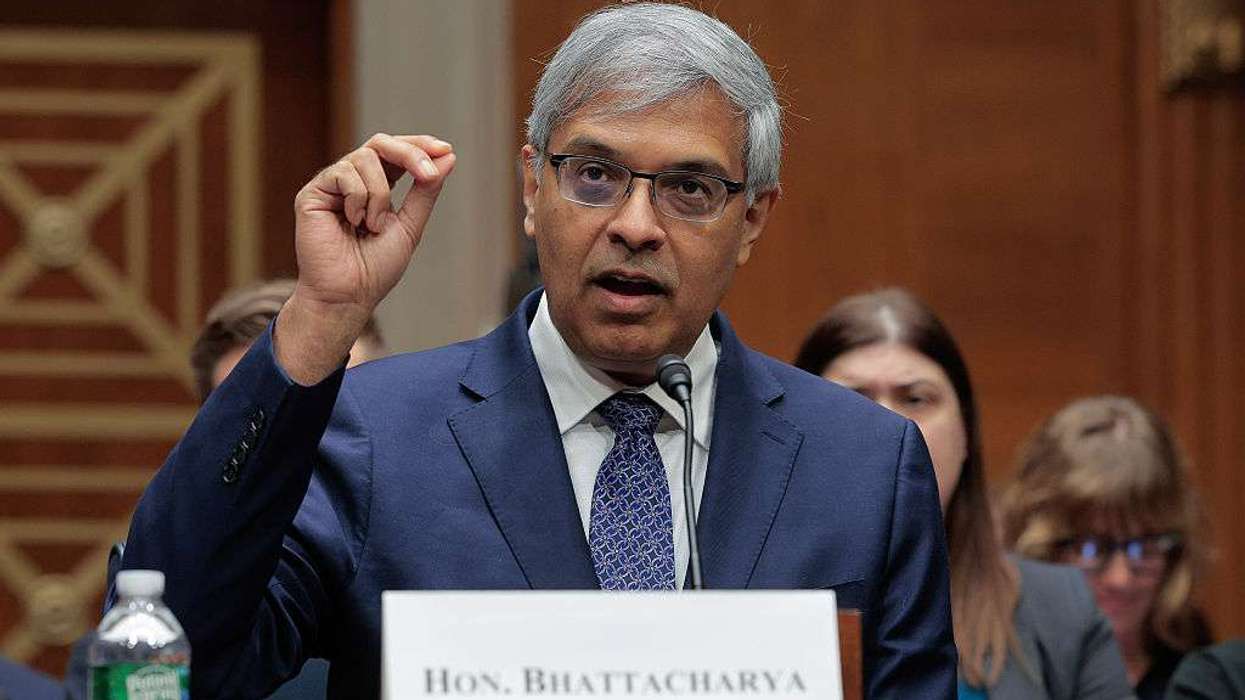Britain, Australia, Canada and Portugal recognised the State of Palestine on Sunday (21), a historic shift in decades of Western foreign policy that drew swift anger from Israel and a rebuke from the United States.
The UK prime minister Keir Starmer said Britain was formally recognising the State of Palestine "to revive the hope of peace for the Palestinians and Israelis, and a two-state solution".
Palestinians in the besieged Gaza Strip welcomed the recognition as a victory, but Israeli prime minister Benjamin Netanyahu vowed in response that a Palestinian state would never exist.
The United States also criticised the moves as "performative" and said it was focused on finding a diplomatic solution to the Israel-Hamas conflict.
Other countries, including France, are also due to recognise a Palestinian state during key talks at the annual UN General Assembly that opened on Monday (22) in New York.
Israel has come under huge international pressure over its war in Gaza, which has sparked a dire humanitarian crisis in the Palestinian territory.
Netanyahu denounced the push for recognition as "absurd", claiming it would "endanger" Israel's existence.
"It will not happen. No Palestinian state will be established west of the Jordan River," the Israeli premier said.
He later vowed to expand Jewish settlements in the West Bank, which Israel has controlled since 1967 in an occupation considered illegal under international law.
Britain and Canada became the first members of the Group of Seven advanced economies to take the step.
The United States -- a staunch ally of Israel -- said its "focus remains on serious diplomacy, not performative gestures".
"Our priorities are clear: the release of the hostages, the security of Israel, and peace and prosperity for the entire region that is only possible free from Hamas," a State Department spokesperson said on condition of anonymity.
The moves are a watershed moment for Palestinians and their ambitions for statehood, with the most powerful Western nations having long argued recognition should only come as part of a negotiated peace deal with Israel.
Three-quarters of UN members now recognise the State of Palestine, with at least 145 of the 193 member countries having done so, according to an AFP tally.
Australia's prime minister Anthony Albanese said the move "recognises the legitimate and long held aspirations of the people of Palestine", while Portuguese foreign minister Paulo Rangel called the two-state solution "the only path to a just and lasting peace".
On the ground in Gaza, many saw recognition as an affirmation of their existence after nearly two years of war between Israel and Palestinian Islamist group Hamas.
"This recognition shows that the world is finally starting to hear our voice and that in itself is a moral victory," said Salwa Mansour, 35, who has been displaced from the southern city of Rafah to Al-Mawasi.
"Despite all the pain, death and massacres we're living through, we cling to anything that brings even the smallest bit of hope," she added.
Palestinian president Mahmud Abbas hailed the recognitions as "an important and necessary step toward achieving a just and lasting peace".
Although a largely symbolic move, it puts the four countries at odds with the United States and Israel.
US president Donald Trump said last week after talks with Starmer that "one of our few disagreements" was over Palestinian statehood. (AFP)




